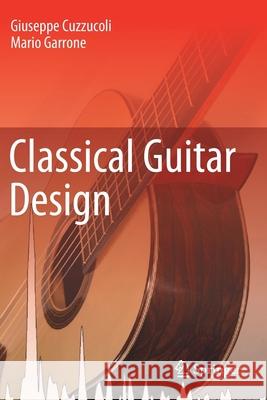Classical Guitar Design » książka
topmenu
Classical Guitar Design
ISBN-13: 9783030329945 / Angielski / Miękka / 2020 / 320 str.
Classical Guitar Design
ISBN-13: 9783030329945 / Angielski / Miękka / 2020 / 320 str.
cena 442,79
(netto: 421,70 VAT: 5%)
Najniższa cena z 30 dni: 424,07
(netto: 421,70 VAT: 5%)
Najniższa cena z 30 dni: 424,07
Termin realizacji zamówienia:
ok. 22 dni roboczych.
ok. 22 dni roboczych.
Darmowa dostawa!
Kategorie:
Kategorie BISAC:
Wydawca:
Springer
Język:
Angielski
ISBN-13:
9783030329945
Rok wydania:
2020
Wydanie:
2020
Ilość stron:
320
Waga:
0.47 kg
Wymiary:
23.39 x 15.6 x 1.78
Oprawa:
Miękka
Wolumenów:
01
Dodatkowe informacje:
Wydanie ilustrowane











